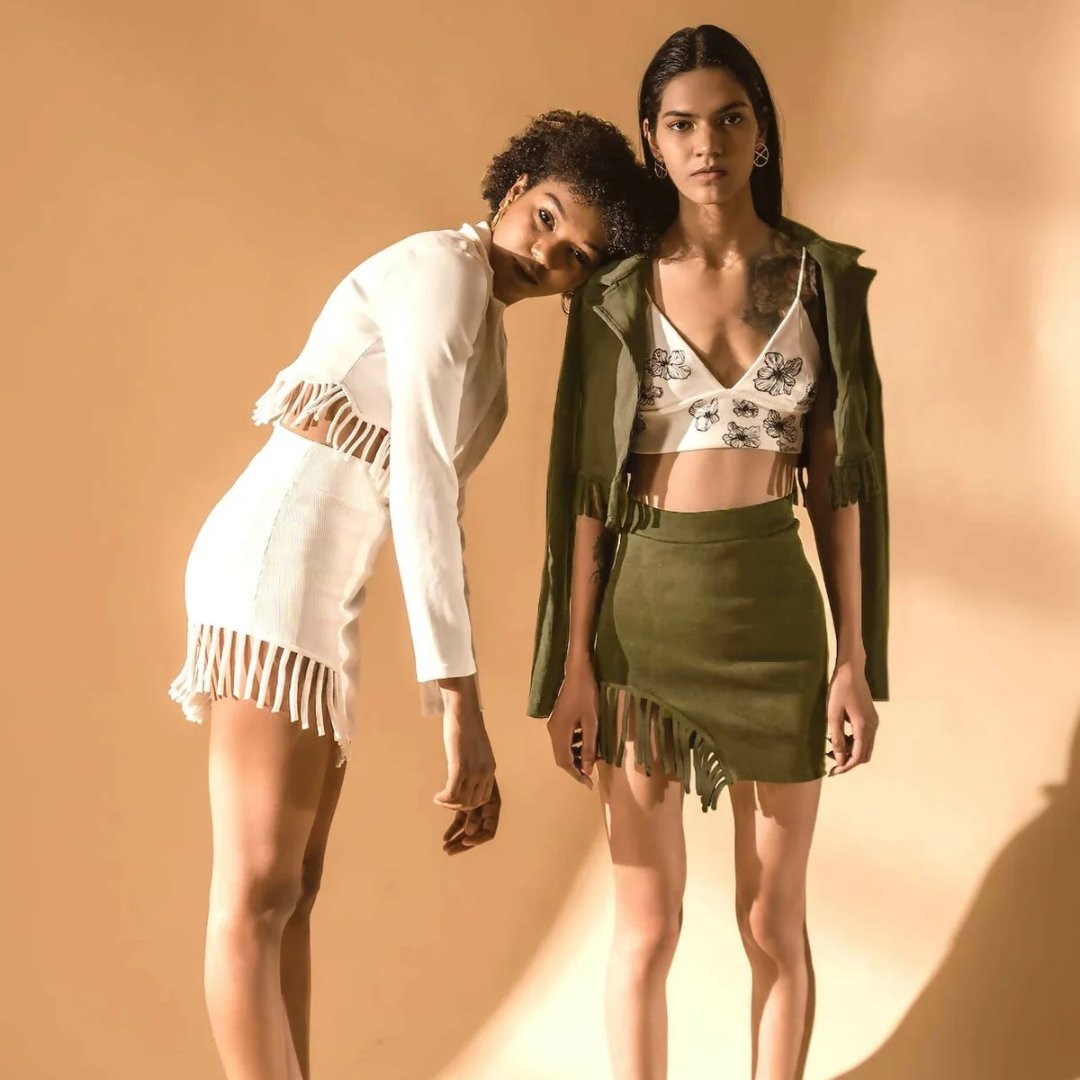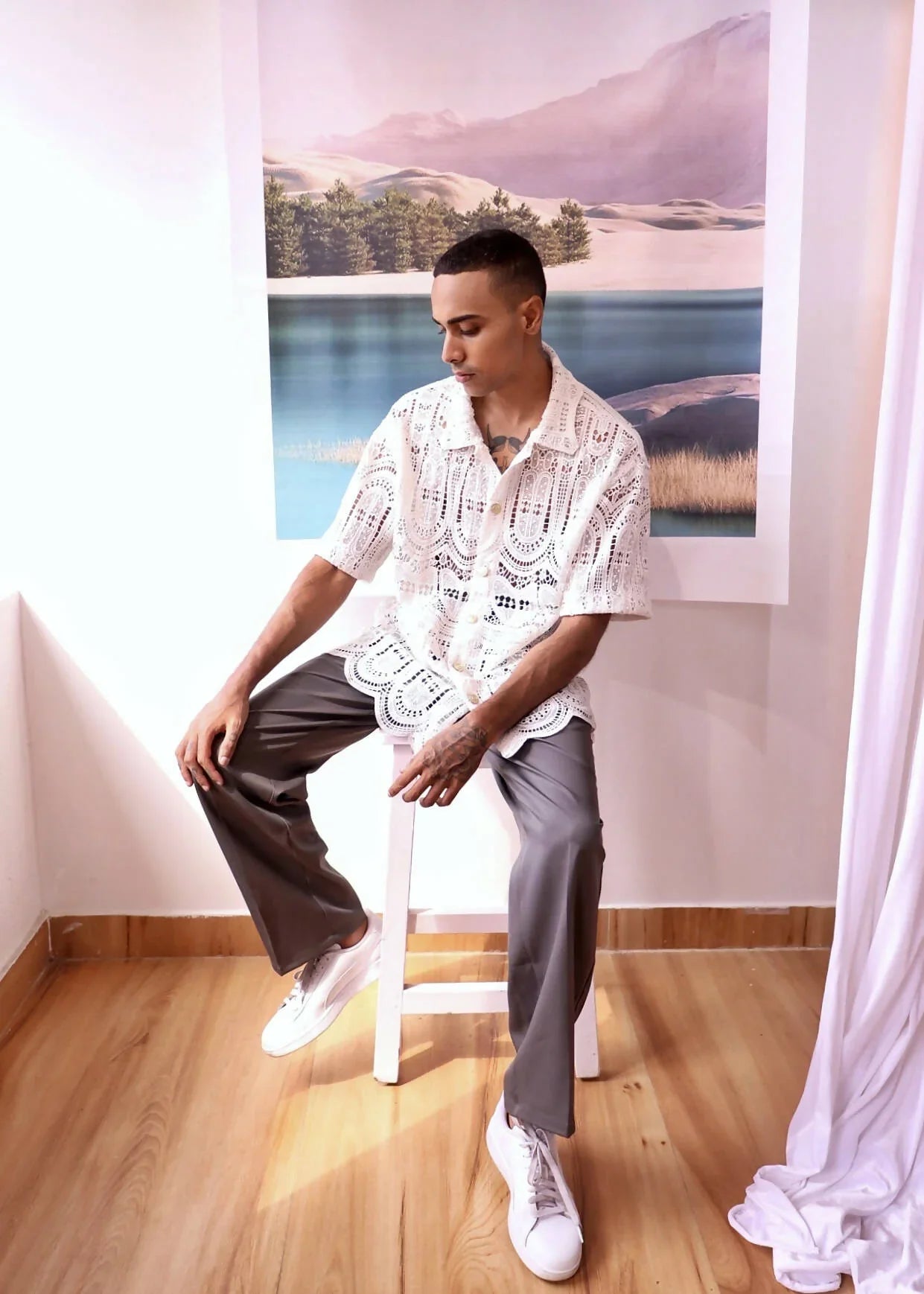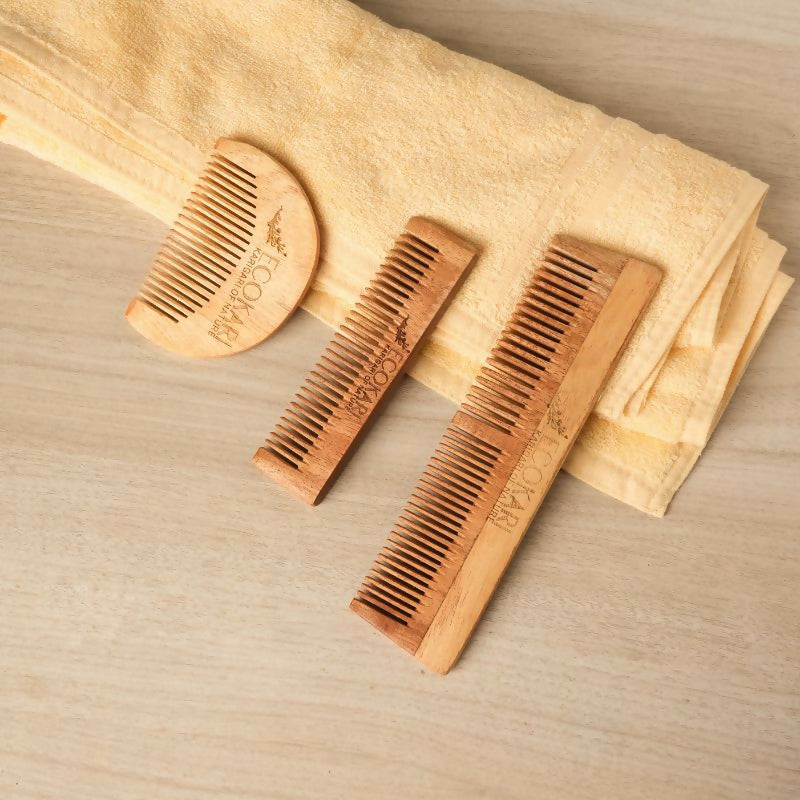Leftover Fruit Waste: A New Material for Apparel & Accessories

Fruit waste stands as one of the most commonly discarded materials worldwide, with apples, bananas, citrus fruits, and others frequently consumed while their waste is left to rot. Statistics reveal that at least half of all globally produced fruits and vegetables are wasted, accumulating to billions of tonnes every year. Below, we explore how brands are repurposing this common waste into quality-driven valuable products. These companies are reusing fruit waste to create materials used in clothing, accessories, and various industries, transforming what was once simply thrown away.
PEELSPHERE
Fruit Waste Textile
Peelsphere, a Berlin-based award-winning company, just as the name represents they create biodegradable materials from fruit peel waste and algae. Youyang Song, the creative founder behind this new-age materials innovation company, focuses on upcycling fruit waste into textiles and circular materials, along with reducing food wastage. Peelsphere has garnered recognition with awards such as the German Sustainability Award and Kering's K-gen Award, among others, for its bio-materials. Positioned as a leather alternative, this vegan material uses waste from apples, oranges, bananas, and other fruits sourced from fruit suppliers, repurposed into 3D print sheets. These materials are used in various applications including apparel, bags, other accessories, and even seat covers and potentially other decor elements.

(Image credit: Peelsphere Fruit Waste Material by Youyang Song)
Changing the fashion industry, Peelsphere wants to bring sustainable change and a bio-alternative by making use of incredibly rich waste, diverting it from going into landfills to rot. They are tackling animal leather and other toxic materials, such as synthetic leather, in beautiful colours and textures. Peelsphere is working to make its environmentally friendly materials widespread, bringing green innovation across different product industries.

(Image credit: Peelsphere Fruit Waste Material by Youyang Song)
PANGAIA
Fruit Waste Fibre
Pangaia, from London, is a sustainable fashion brand working on material science, creating earth-positive future materials. They introduced Pangaia Frutfibre, a material crafted from a variety of repurposed fruit waste and plant fibers for use in apparel. It is an alternative to traditional fibers which consume a lot of resources like water. In efforts to reduce food waste, the new fruit fibers derived from plants, discarded pineapple leaves, banana leaves, and other fruit waste fibers are transforming apparel. Named FRUTFIBER, it has been developed into cotton-free products for comfortable apparel such as T-shirts, pants, suits, and more, introduced to reduce the use of water-intensive material cotton in fashion.

(Image credit: Pangaia Frutfibre Material - Fruit Waste Fibre)
VEGEA
Grape Waste Leather
Vegea, an Italian biomaterial brand, crafts animal-free, vegan materials from fruit waste for apparel, footwear, and accessories, creating nature-based organic durable materials. They use winery grape waste and vegetable oils in their biomaterials. This bio-brand has collaborated with the sustainable luxury label Stella McCartney in making fashionable vegan bags. Vegea advocates for vegan fashion and has built research and development for many industries to use this grape wine waste material in interiors and automotive industries as well, all while addressing food waste. They are elevating fashion and design concepts to a sustainable level with biomaterials and creative reuse of waste for vegan-friendly materials.

(Image credit: Stella McCartney x Vegea Bag - Vegea Vegan Leather)
FRUIT LEATHER ROTTERDAM
Mango Waste Textile
From the Netherlands, the next on our list is Fruit Leather Rotterdam, an eco-friendly brand that upcycles leftover fruit waste into vegan, leather-like material. They predominantly work with wasted mangoes, giving them a second life by creating mango fibers to be used in footwear, bags, card holders, book covers, and apparel. Designer Gianluca Regazzo had made use of their vegan leather into his designs for Milan Fashion Week and the label has also collaborated with another vegan bio sneaker brand Saye to create mango waste material sneakers. They are prototyping and researching to expand the use of fruit waste materials in as many products and industries as possible.

(Image credit: Fruit Leather Rotterdam - Mango Waste Leather)
ORANGE FIBRE
Citrus Waste Fabric
Lastly, or let's say 'Fruitfully,' we have Orange Fibre from Italy, an innovative sustainable fiber company. As the name suggests, they create fibers from orange waste. After production, citrus waste is used as a base to create yarn fabric. Co-founded by Adriana Santanocito and Enrica Arena, Orange Fibre is recognised as the world’s first brand to create citrus fabrics for sustainable fashion.

(Image credit: Orange Fibre - Citrus Waste Fabric)
Italian luxury brands like Ferragamo and E. Marinella Napoli have worked with these orange fibers into apparel, ties, and scarves, diverting landfill-bound citrus waste and repurposing it into citrus fabric for high-quality luxurious products.

(Image credit: Left - Orange Fibre x E.Marinella, Right - Orange Fibre x Ferragamo)
The transformation of fruit waste into valuable materials can be seen as both an environmental imperative and a creative revolution. Turning fruit waste into a variety of products brings to light on the untapped potential lurking within our everyday waste. These forward-thinking brands address the issue of food waste by converting discarded fruit into textiles and other biomaterials, while introducing it as an alternative eco-friendly materials into the fashion, automotive, and other sectors, providing a promising sustainable horizon.






Leave a comment